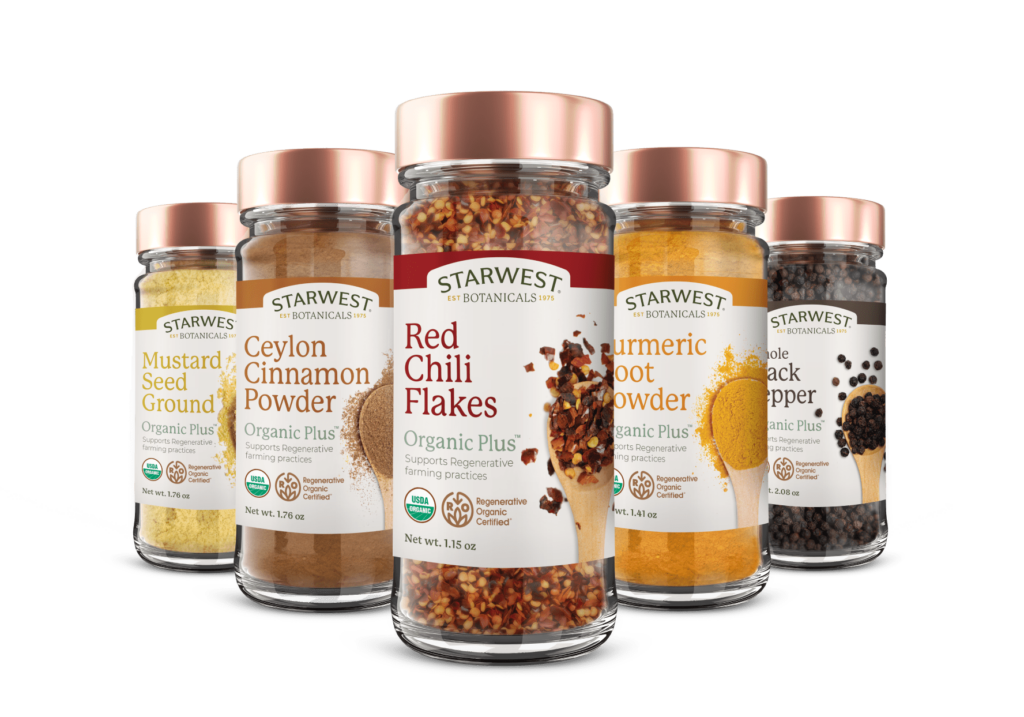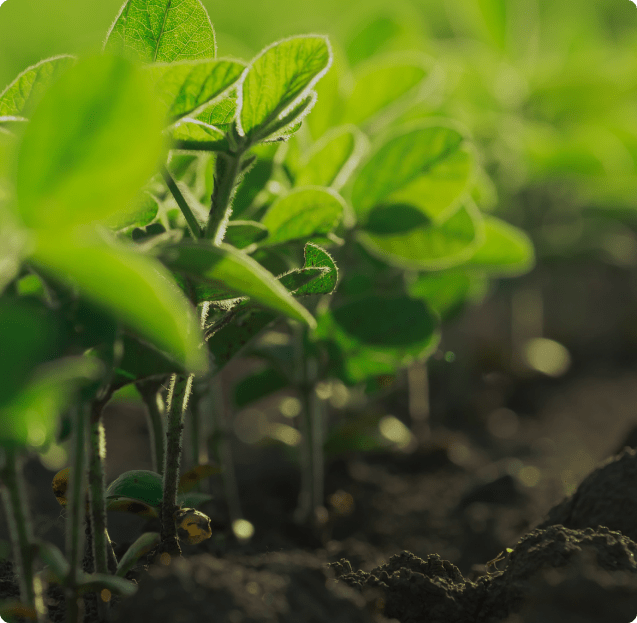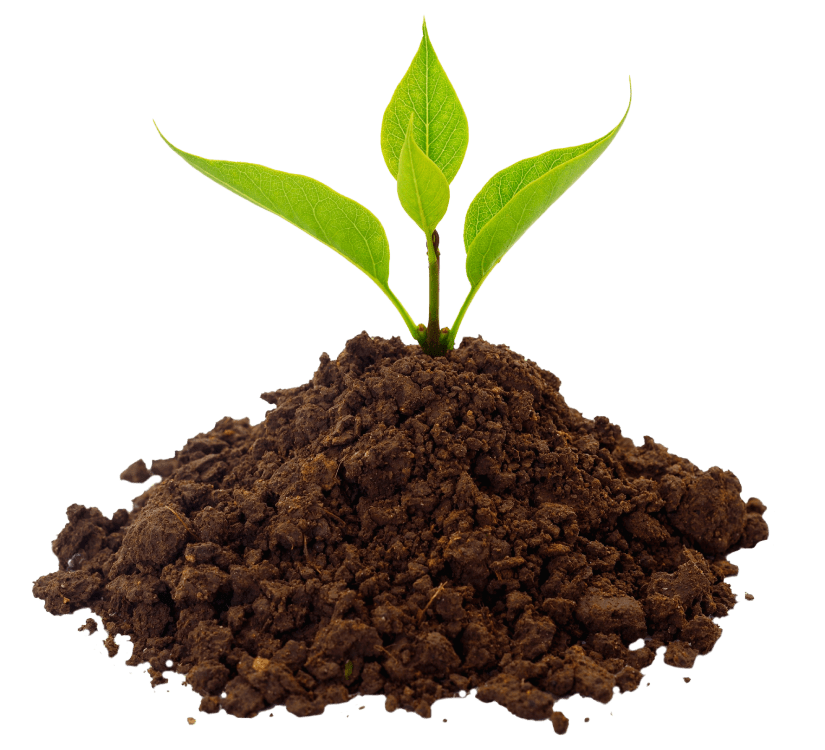
24 exceptional spices to elevate the spice rack. Available June 2024 for Retailers nationwide.

Regenerative Organic
Over 100 Regenerative Organic herbs & spices available for contract
Regenerative organic agriculture expands beyond the best practices of organic farming by improving the health and vitality of the entire ecosystem – starting with the soil. At Starwest Botanicals, we believe in sourcing in a way that improves soil health, biodiversity, and sustainability through regenerative practices such as cover cropping, reduced tillage, and integrating diverse plant species. We are committed to partnering with farmers who are certified in these practices, which help capture and store carbon, mitigate climate change, and also support water retention, nutrient cycling, and wildlife habitats. Together, we are contributing to a resilient and holistic farming system that leads to improved outcomes for farmers and consumers alike.
As an industry leader in organic herbs and spices since 1975, Starwest Botanicals now provides over 100 Regenerative Organic Certified ingredients for large-scale food and beverage manufactures. Our high-quality ingredients are sourced directly from our small-scale farmer partners dedicated to regenerative principles, ensuring that our products contribute to both ecological sustainability, animal and farmer welfare, and improved food systems. By choosing regenerative organic ingredients from Starwest Botanicals, you are supporting practices that prioritize the health of the planet and the well-being of future generations.


At Starwest, we are partnering directly with small scale farmers across the globe to help them achieve Regenerative Organic certification.
Regenerative Organic Certified® is built on three pillars: Soil Health & Land Management, Animal Welfare, and Social Fairness, with required criteria for each.
Global topsoils will deplete in 60 years at our current rate with conventional agriculture methods.
Studies have proven
that conventional, agriculture contributes up to 25% of the emissions driving theclimate crisis.
Regenerative organic systems
replenish topsoil levels, sequester carbon, and remove the dangers of chemicals in the food system.
Regenerative organic sourcing
prioritizes the welfare of farm animals and health, safety and fairness for farmers and workers.
| Scope Of Practices | Minimizes synthetic inputs like pesticides and fertilizers. | Enhances the entire ecosystem with practices like soil regeneration, biodiversity promotion, and holistic land management. |
| Soil Health Approach | Focuses on soil health through composting and crop rotation. | Restores soil health comprehensively with methods like cover cropping, reduced tillage, and diverse plant species for enhanced organic matter and biodiversity. |
| Carbon Sequestration | Does not explicitly prioritize carbon sequestration. | Emphasizes capturing and storing carbon in the soil to mitigate climate change by reducing emissions and increasing storage. |
| Ecosystem Services | Supports certain ecosystem benefits. | Actively fosters a more diverse and resilient environment, enhancing services like water retention, nutrient cycling, and wildlife habitat creation beyond organic standards. |
| Holistic Approach | Focuses on ecological practices with less emphasis on holistic thinking. | Takes a holistic view, considering social, economic, and ecological aspects for a sustainable and regenerative farming system that extends beyond the farm itself. |

24 exceptional spices to elevate the spice rack. Available June 2024 for Retailers nationwide.

*Information and statements about the products on this site have not been evaluated by the Food and Drug Administration and are not intended to diagnose, treat, cure, or prevent any disease. You should not use the information contained herein for diagnosing or treating a health problem or disease, or for prescribing any medication. We recommend that you consult with a qualified healthcare practitioner before using any herbal products, particularly if you are pregnant, nursing, or on any medications.